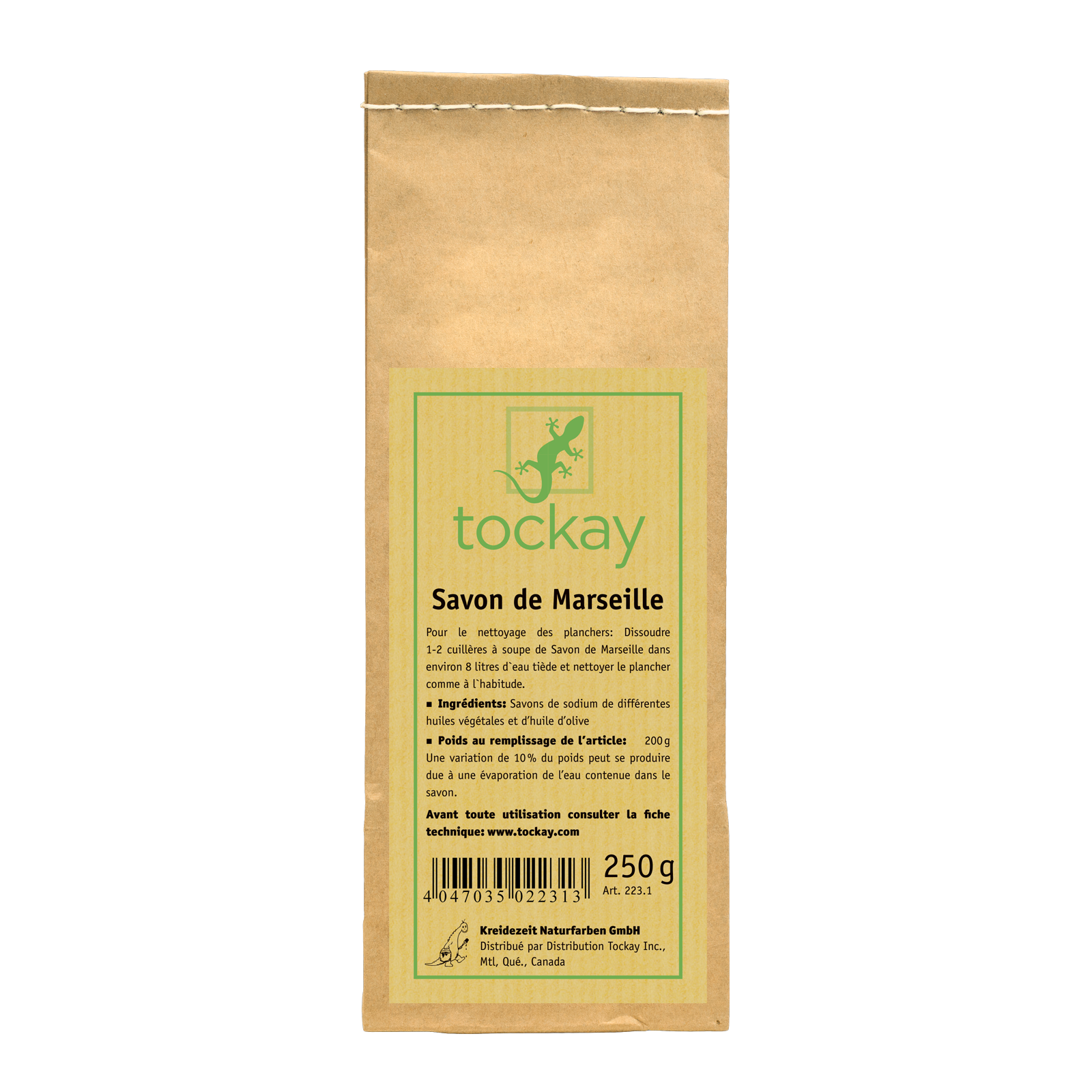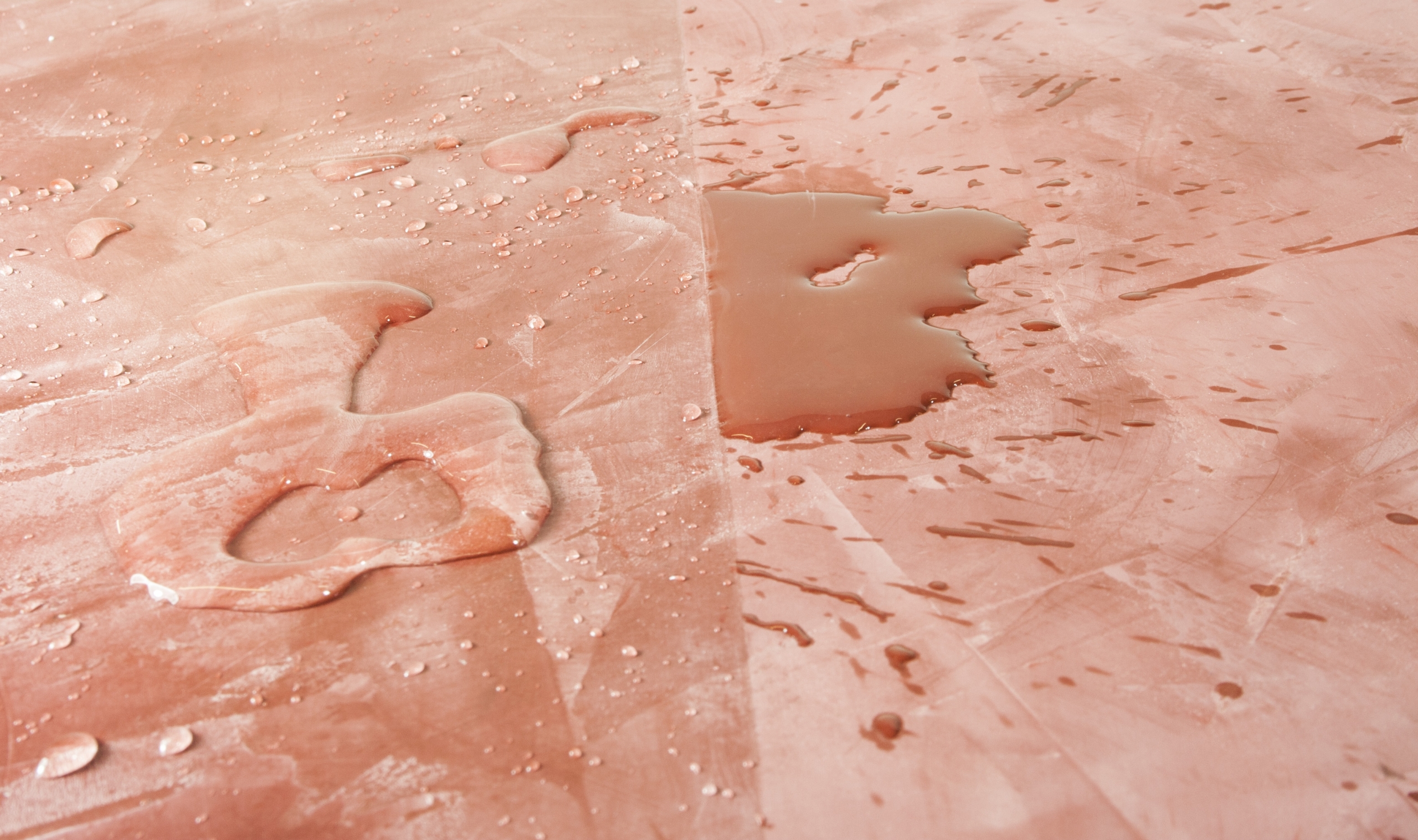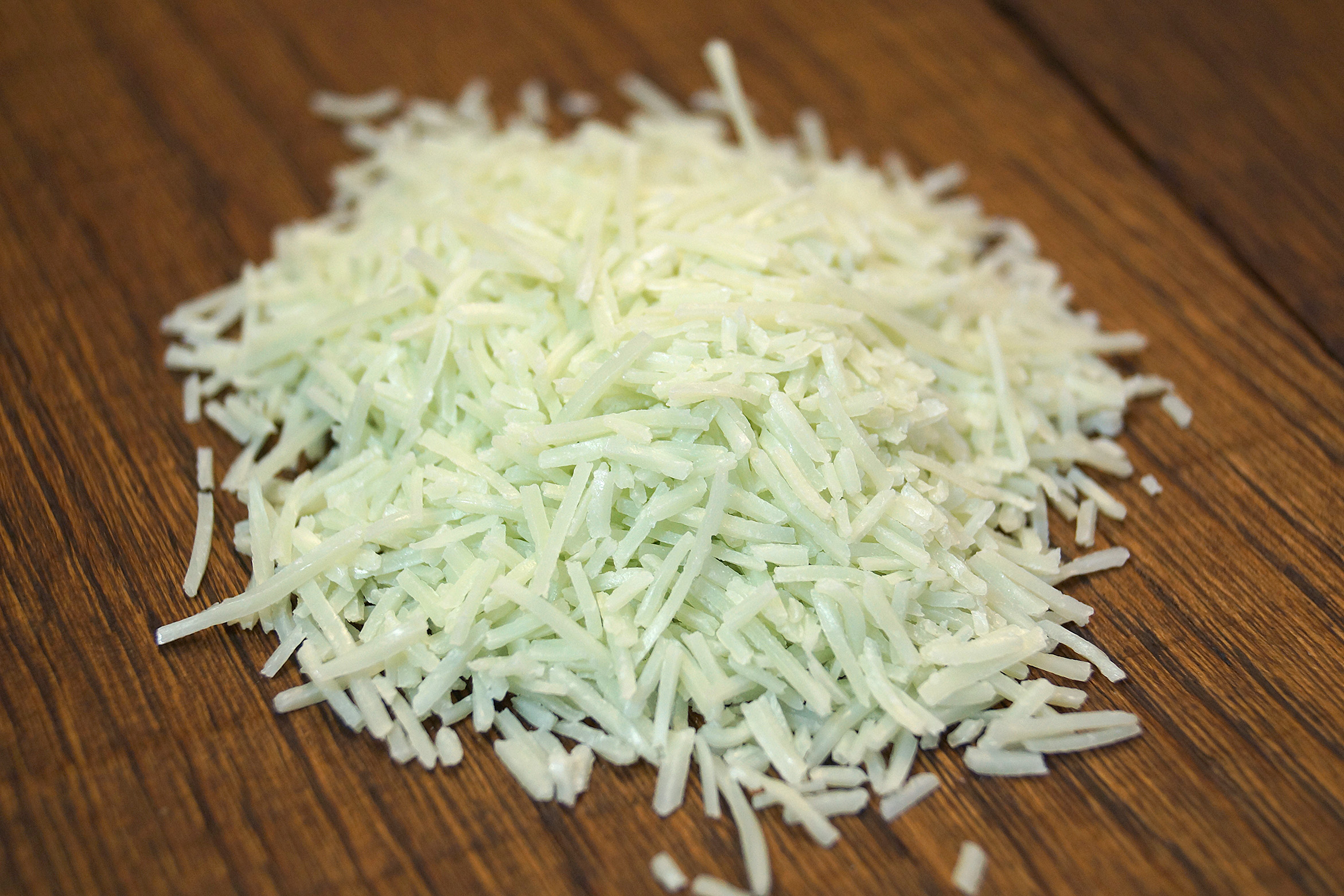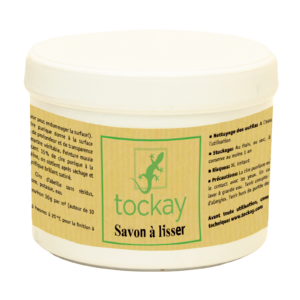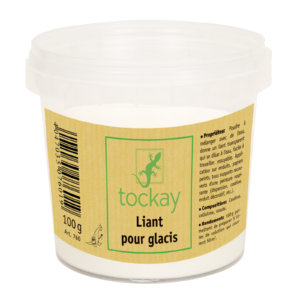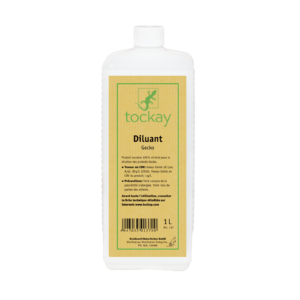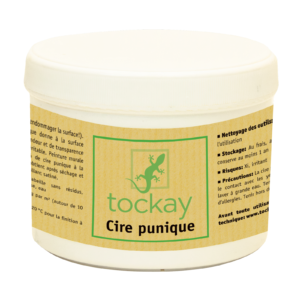Description
Marseille soap is a natural soap made from vegetable oil. A cleaning product used in many ways: it is used both as a body and a household cleaner. Ideal for cleaning hands, floors or brushes and rollers, it is particularly recommended for the protection of surfaces covered with paint or lime plasters. It allows such surfaces to become water repellent and less sensitive to dirt and dust, without losing their diffusion capacity.

